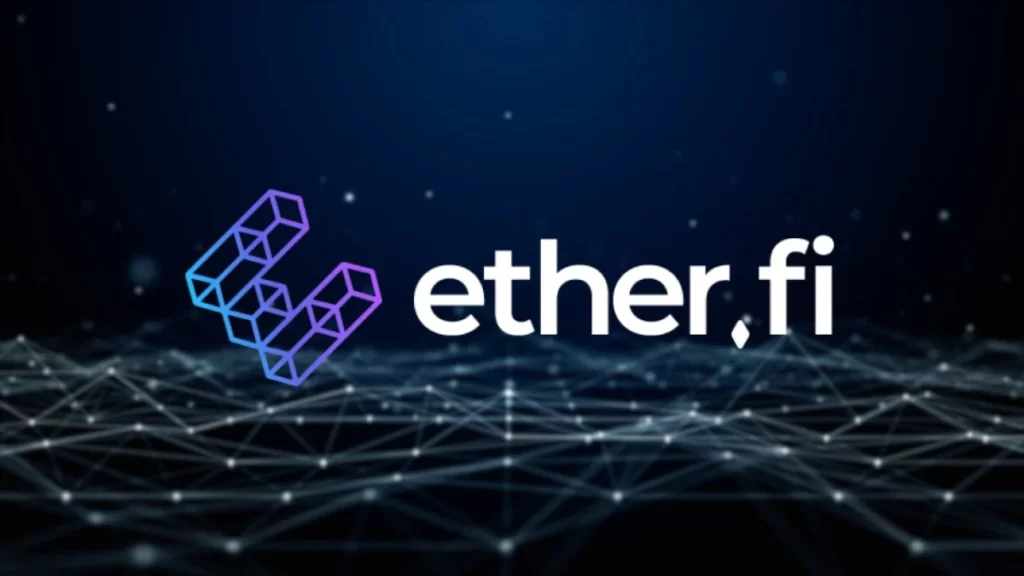EtherFi, a liquid staking protocol, has published an open letter criticizing OpenSea for removing its EtherFan NFTs from the platform without notice or reason. The two projects had been collaborating on the collection’s launch for weeks, which features NFTs backed by staked ETH.

EtherFi’s founder and CEO, Mike Silagadze, stated in the letter that OpenSea seemed enthusiastic about the partnership and excited to host them.
He reported that they had discussed co-marketing efforts and created a communication telegram group.
EtherFi had its first mint of EtherFan last Tuesday, releasing 1,000 NFTs on OpenSea. However, within 24 hours, the team discovered that their listings had vanished from the marketplace, leaving them in the dark.
Silagadze said that the team attempted to relist their NFTs but encountered an error code. According to him, OpenSea never informed them that they had violated their terms of service or had any issue with their collection.
In the open letter, EtherFi accuses OpenSea of running an unlicensed casino where people gamble and spend millions on trivial items.
Listing collections with utility is disallowed.
EtherFi does not believe OpenSea is being malicious but rather lacks coordination among its teams. EtherFan’s listing on a marketplace was crucial for their marketing strategy, expecting a resale market.
Other regulatory bodies have stated that ETH staking is not a security. EtherFi received radio silence from OpenSea after discontinuing trading support, despite promises and the creation of a telegram group for cross-promotional marketing.
OpenSea cites terms of service as a reason
OpenSea finally broke its silence on July 13 with what Silagadze called a templated response.
The NFT marketplace said that while they do not provide specific details on enforcement actions, their terms of service govern the content and behavior allowed on the platform.
It also said that its enforcement actions include delisting and sometimes banning accounts.
Meanwhile, EtherFan is now trading on Rarible since it supports ERC1155 tokens, the standard used by the collection.
